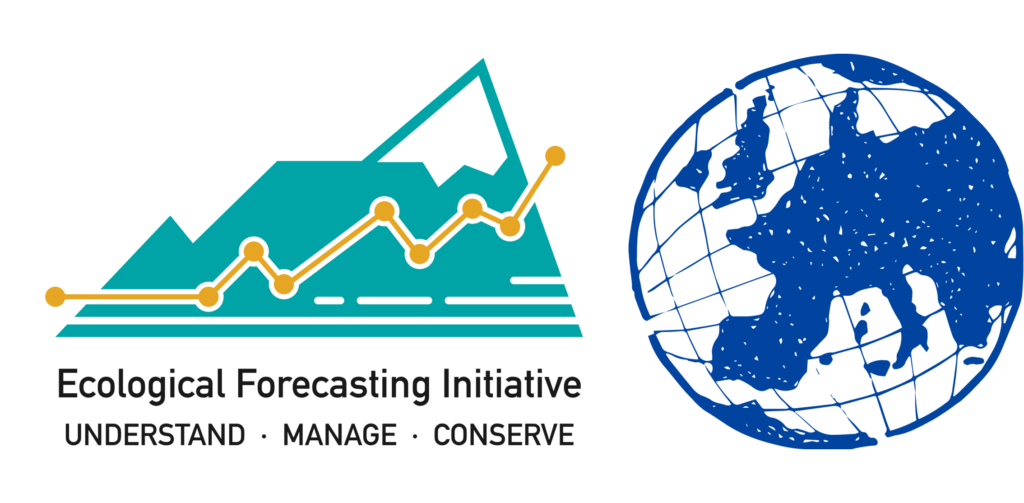
The European Ecological Forecasting Initiative (EEFI) is a regional chapter of the Ecological Forecasting Initiative. EEFI is a community of individuals spanning academia, government, NGOs and industry with the shared aim of developing and applying ecological forecasts to develop ecological theory and tools and inform decision-making to mitigate the impacts of environmental change.
Find EEFI’s strategic plan, opportunities to participate on the Steering Committee and learn about upcoming events, seminars, and how to connect with EEFI community at:
Two Big Upcoming Events
EFI 2024 Conference, 11-13 June 2024
The EFI 2024 Conference is the first international conference for EFI. This 3-day community-wide EFI meeting aims at bringing together scientists, agencies, industry, and stakeholders to build a community of practice and to advance research, applications, and collaboration around near-term (subdaily to decadal) ecological forecasts. It will be held at the Finnish Meteorological Institute in Helsinki, Finland.
EEFI General Assembly, 10 June 2024
This event will take place on the Monday prior to the EFI 2024 Conference at the Finnish Meteorological Institute.
The goals of the General Assembly are to:
- Introduce the newly elected committee
- Discuss EEFI strategic plan where all participant can contribute to define what the chapter will do
- Have working group opportunities and interactive break-out activities,
- Present upcoming projects and events
On Monday, 10 June, the day will start with the NEON Ecological Forecasting Workshop which will be a key event for transfer of knowledge on background, skills and shared tools for participating and hosting future ecological forecasting challenges. The general assembly will follow from 14h-18h, and the group will go to dinner afterwards in Downtown Helsinki. You may join all or any of the activities.
Find details about the General Assembly on the Conference website.
